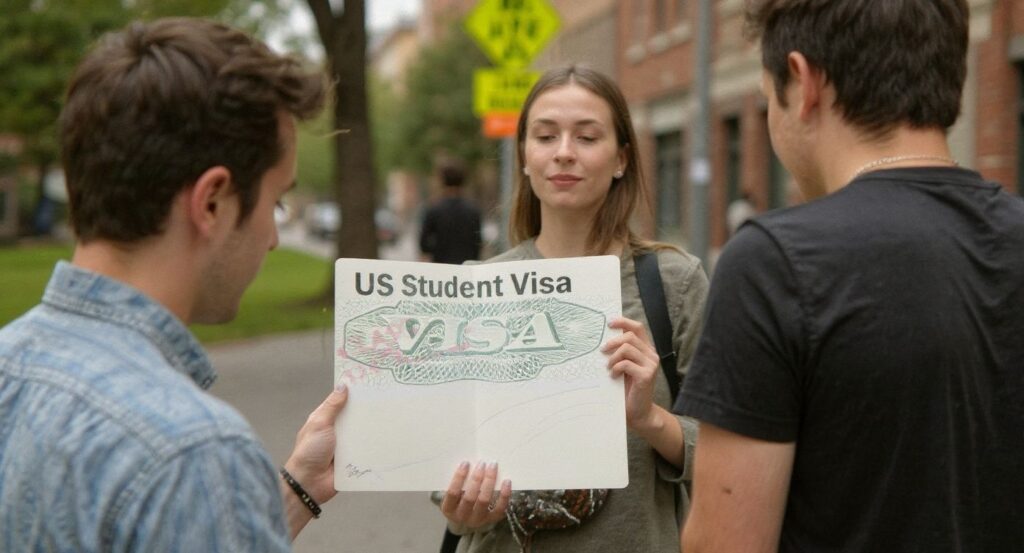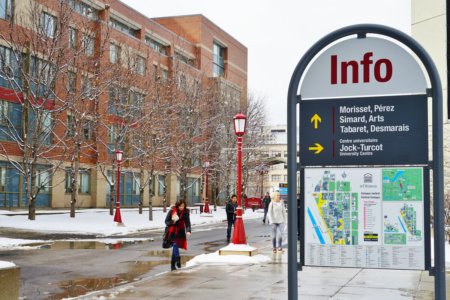
Do you have a bachelor’s degree under your belt and are thinking about pursuing a postgraduate degree in the US? First of all — congratulations! You’ve achieved a big milestone that could open doors to many opportunities in life.
While some students are satisfied with a bachelor’s degree, the prospect of continuing education towards obtaining a master’s, doctoral or post-doctoral qualification may not seem like a pipe dream anymore, what with the numerous scholarships available.
US graduate schools provide students with access to world-class facilities and seasoned academics to give you a solid foundation for carving yourself a successful career upon graduating.
According to data from the US Bureau of Labour Statistics (BLS), the average annual mean wage earned by American workers as of May 2021 totalled 58,260 US dollars a year. For those with a postgraduate qualification out of graduate school, median salary prospects stand at nearly U$72,000 per annum.
Continuing education at a US graduate school doesn’t seem like a bad idea after all. However, to increase your chances of securing a place in your university and programme of choice, there’s a checklist of things that you, as an international student, must do before making the big transition to “The Land of the Free”.
Here’s a guide to applying to graduate school in the US:
Continuing education: 7 steps to apply to grad school in the US
Look out for programmes to apply to and watch out for deadlines
Graduate school application season is here!
I’ve been advising people on this process forever, and have prepared a guide on the process: finding advisors, writing a statement, interviewing, etc.
A short 🧵…https://t.co/EZeCEzOGyR
— Jamil Zaki (@zakijam) August 7, 2021
Applying to graduate school is not something that can be done overnight. Plenty of preparation is needed in finding the right programme, in addition to filling out the required paperwork and admissions test (if necessary).
According to the education company Kaplan, preparation for graduate school can begin as early as two years in advance of a graduate student’s programme start date. This involves browsing for postgraduate programmes that appeal to your personal or professional goals to narrow your choices.
Be mindful of deadlines. For instance, at the University of Pennsylvania, applications for postgraduate entry have a typical deadline of between the months of September to December, prior to the year that the applicant is scheduled to enrol.
Meet the English language proficiency requirement
Many universities in the US typically require graduate school applicants abroad to submit proof of their English competency, either through TOEFL or IELTS. This is to ensure that international students can cope with the medium of instruction and academic writing standards required at the postgraduate level.
At Cornell University, the Graduate School requires a minimum overall band achievement of 7.0 or higher for IELTS, or the following minimum sub-scores for the internet-based TOEFL test:
Speaking: 22
Reading: 20
Listening: 15
Writing: 20
Some universities exempt applicants from proof of English-language proficiency. Be sure to enquire university advisors about it.
Funding
Do you come from a wealthy background where the bank of mum and dad can ensure your tuition fees and living costs are covered? Or do you require a scholarship or financial aid? Will you be able to work part-time to cover expenses? It’s important to figure out funding before applying to grad school.
Be mindful of the administrative and standardised testing fees that you’ll have to fork out too. A great way to figure out the total costs for one year of study would be to lay out a plan highlighting administrative costs, the estimated total tuition fees and living costs, and financial aid from various sources.
Provide official academic transcripts
Most US graduate schools only accept official academic transcripts from a completed programme when selecting candidates, so be sure to request one from your university when applying.
Prepare for admissions tests
Depending on the programme that you’re applying to, you might have to sit for the Graduate Management Admission Test (GMAT) or Graduate Record Examination (GRE).
The GRE, for instance, is used for entry into many graduate programmes while the GMAT is used for entry into business schools.
Preparing for either test is crucial and may require a substantial amount of revision time.
The University of Southern Mississippi recommends students take the GRE or other standardised tests at least six weeks before the application deadline.
Ensure your personal statement stands out
Many people may detest writing about themselves, but a personal statement explains to the admissions officer why you are a worthwhile applicant.
This can be accomplished by highlighting your interest in the programme, why you are a strong candidate for the course and how you differ from other applicants.
Carve some time out of your schedule to read about writing a personal statement for graduate school — many universities have examples or pointers on what to include.
Be sure to proofread your personal statement; you can enlist the help of a trusted friend or family member to read it for mistakes. Don’t forget about getting references too.
Apply for a visa once you’ve received an unconditional offer
 International students should apply for a US student visa immediately upon receiving an unconditional offer to enrol in their programme and grad school of choice. Source: Chris Delmas/AFP
International students should apply for a US student visa immediately upon receiving an unconditional offer to enrol in their programme and grad school of choice. Source: Chris Delmas/AFP
Begin your student visa application once you have received an unconditional offer from one of your applied programmes. Start applying by completing this online application form, as well as scheduling an interview with the US embassy or consulate in your country.
Take note of any additional expenses that you may incur during your visa application, which include application fees.










